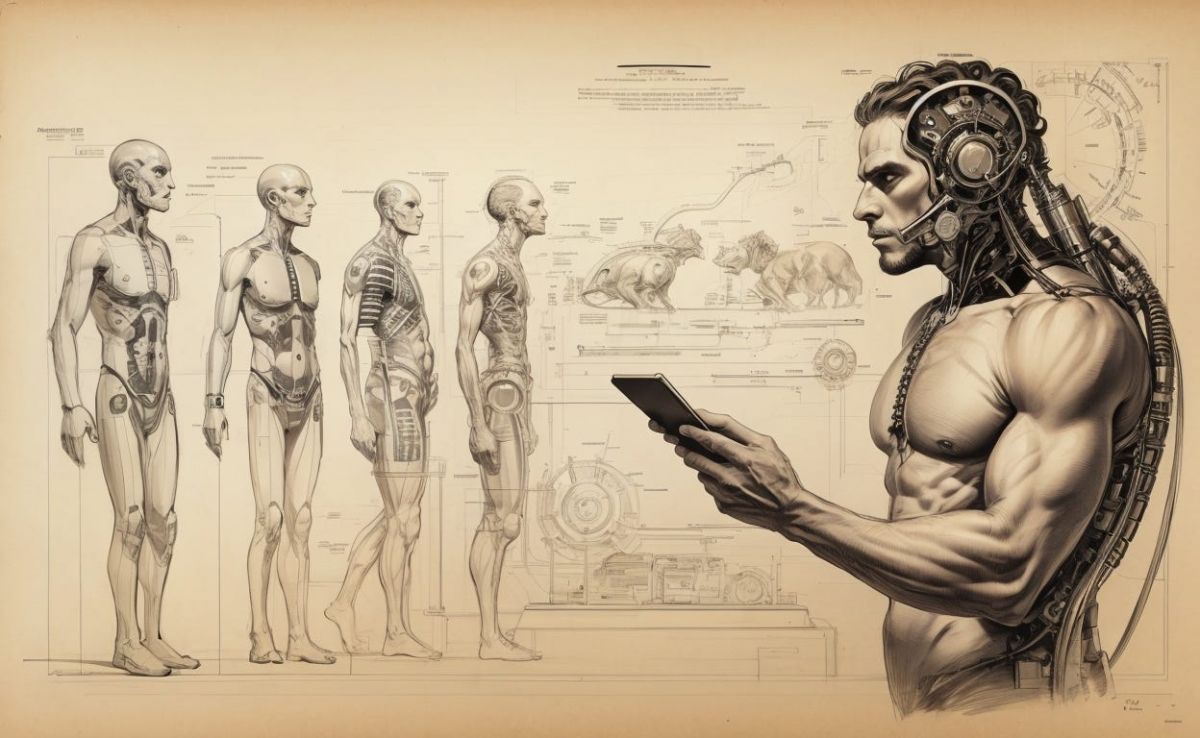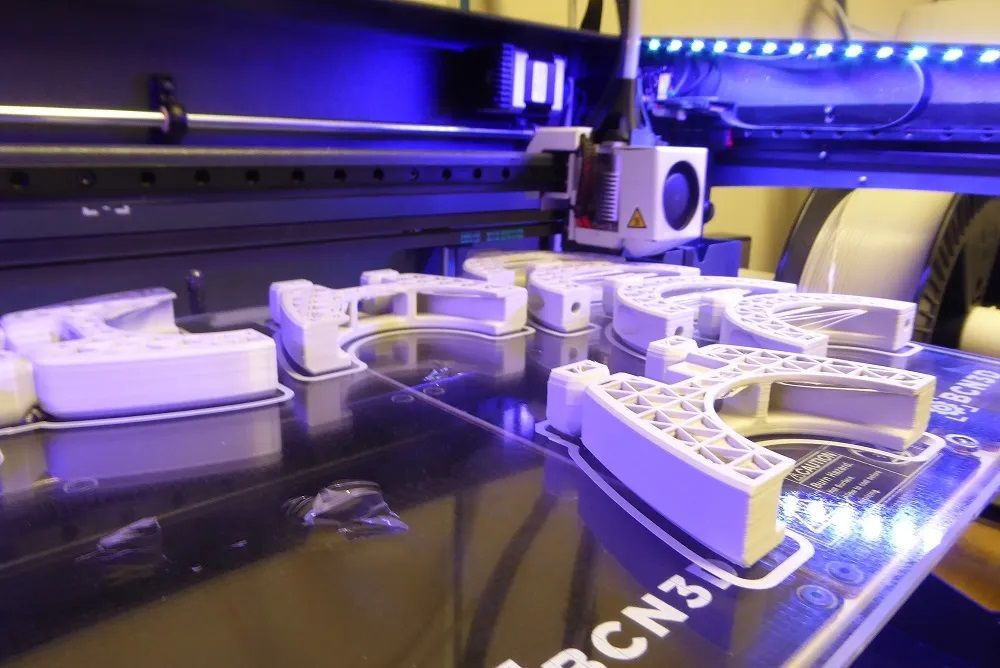Title: The AI Singularity: An Exploration of Humanity's Next Great Leap
In the realm of technological advancements, few concepts elicit as much intrigue, excitement, and apprehension as the idea of the AI singularity. Often depicted in science fiction as a moment when artificial intelligence surpasses human intellect, the singularity represents a potential turning point in our history—an event horizon beyond which predictions become uncertain and the future becomes profoundly unpredictable. But what exactly is the AI singularity, and what implications does it hold for humanity?
At its core, the AI singularity refers to a hypothetical scenario in which artificial intelligence reaches a level of intelligence surpassing that of human beings. This moment is often envisioned as a tipping point where AI systems become capable of recursive self-improvement, leading to an exponential increase in intelligence and capabilities. In essence, it is the point at which machines become not just our creations but also our intellectual equals, if not superiors.
The concept of the singularity was popularized by mathematician and science fiction writer Vernor Vinge in the early 1990s and later gained traction through the works of futurists like Ray Kurzweil. Kurzweil, in particular, has been a vocal advocate of the singularity, arguing that exponential growth in technology, particularly in the field of artificial intelligence, will inevitably lead to this transformative event.
One of the central premises of the singularity hypothesis is the notion of accelerating technological progress. As AI systems become more advanced, they are capable of designing even more sophisticated AI systems, leading to a positive feedback loop of innovation and improvement. This exponential growth curve, often referred to as the "technological singularity," is predicted to result in rapid and profound changes to virtually every aspect of human existence.
However, the implications of the AI singularity are far from straightforward and have sparked considerable debate among experts and ethicists. On one hand, proponents of the singularity argue that it holds the potential to solve some of humanity's most pressing problems, from disease and poverty to climate change and resource scarcity. With superintelligent AI at our disposal, we could unlock revolutionary breakthroughs in medicine, energy production, and environmental stewardship, ushering in an era of unprecedented prosperity and well-being.
Conversely, critics of the singularity warn of the existential risks associated with creating AI systems that surpass human intelligence. They point to scenarios in which superintelligent AI, driven by goals incomprehensible to humans, could pose an existential threat to humanity. From unintended consequences and unforeseen side effects to deliberate misuse and malevolent intentions, the risks inherent in the pursuit of artificial superintelligence are manifold and potentially catastrophic.
One of the most pressing concerns surrounding the AI singularity is the problem of control. How do we ensure that superintelligent AI systems remain aligned with human values and goals? How do we prevent them from acting in ways that are harmful or destructive to humanity? These questions lie at the heart of the field of AI safety and ethics, which seeks to develop strategies and safeguards to mitigate the risks associated with advanced artificial intelligence.
Several approaches have been proposed to address the challenge of AI alignment and control. One approach involves designing AI systems with built-in mechanisms for value alignment, ensuring that their goals and objectives are aligned with those of human society. Another approach focuses on developing transparent and interpretable AI systems that can explain their reasoning and decision-making processes to humans, thereby enabling human oversight and intervention when necessary.
Furthermore, some researchers advocate for the establishment of international governance frameworks and regulatory bodies to oversee the development and deployment of advanced AI systems. By promoting transparency, accountability, and responsible innovation, these initiatives seek to mitigate the risks of AI misuse and ensure that the benefits of AI technology are shared equitably across society.
Despite the uncertainties and challenges surrounding the AI singularity, one thing is clear: the rapid advancement of artificial intelligence holds the potential to reshape the very fabric of human civilization. Whether it leads to a utopian future of abundance and enlightenment or a dystopian nightmare of existential peril will depend on the choices we make as a society in the coming years and decades.
In conclusion, the AI singularity represents a pivotal moment in human history—one that holds the promise of unimaginable progress and prosperity, as well as the peril of existential risk and catastrophe. As we stand on the brink of this technological revolution, it is imperative that we approach the development and deployment of artificial intelligence with caution, foresight, and ethical consideration. Only by confronting the challenges posed by the AI singularity with wisdom and resolve can we hope to harness the full potential of this transformative technology for the betterment of humanity.









